PARTONE
Y ou can become a CEOa chief executive officerin your career lifetime. It is not the unreachable pinnacle once reserved for those born with a silver spoon in their mouth, who went to the right school, who know the right people. Tomorrows top chiefs will get there on their merit.
This eBook is for people who havent reached their summityet. It lays out the qualities they will need to pack on their climb to the top of the corporate mountain.
Because maneuvering through various levels of a corporation is analogous to moving up a mountain, Ive used mountain climbing in this book as a metaphor for learning to think like and become the person at the top.
To learn what experienced climbers know I went to where they are, at the top: the chief executive officers who have made the ascent themselves. Ive picked some of the best mountaineers there are and included their experiences so you can witness the various qualities required and learn to make them your own.
You may not actually aspire to be the chief executive officer of your company, but you may still want to be the chief accountant, salesperson, administrator, or MIS person, or principal, division manager, editor, or head of whatever group you are in. With the right gear you can be.
If you understand how the chiefs run the show:
Youll avoid getting fired.
Youll get promoted more quickly.
Youll enjoy the quality of work life you want and deserve.
Andif you do decide you want to be the Big Boss, the CEO somedayyou will have the right equipment.
In simplest terms, the employee who satisfies the boss keeps his job. A lot of people fail because they arent aware of what the boss wants. If you ignore the work needs and wants of the boss, if you think he has stupid requests, if you think thats not my job, you just might get fired.
Understanding the boss is critical to career success. When Ive hit rocky patches on the job, its often been because I didnt understand what was expected of me, and sat back and waited to be told. Now I know better. I ask, Whats important to you? Whats absolutely essential to getting my job done? Understanding the boss gives me confidence and clarity.
Tammy Tierney
Editor, Kansas City Business Journal
Bosses are always evaluating who will advance next. Top people topple from their positions overnight. Your companys leaders and your companys competitors are constantly looking to pick off the best and replace those who have just toppled.
Getting promoted does not require genius. It requires continued attention to details, tenacity, understanding effective chiefs, and doing a little more than the next person.
Understanding the boss is just projecting yourself into how they might think. Its like you face a situation and ask yourself, How would Clint Eastwood or Beetle Bailey or the CEO handle the situation? It can be fun to think this through. The negative of that situation is that people dont come up with their own solutions, dont use their creativity, sometimes limit themselves, and play it too safe. The positive of the situation is that if they have a CEO who is the most experienced, has the most wisdom, uses the best judgment, is well equipped to lead, run, or direct the organization in the normal and abnormal course of eventswell, that person should be emulated. The question employees have to decide is, Is my CEO really that good?
Gregg Miller
President, RACOM Corporation
The fact is, you need to think like a CEO long before you become one. People who make it to the top act and think like they are number one before they actually become number one.
If in your career plans you think you will wait until you are working closer in the chain of command to corporate chiefs before you try to comprehend that world, you will have waited too long. If you conclude that it really doesnt matter if you understand the boss, that all you need to do is your job, you are wrong. And if you reason that thinking like a chief isnt necessary until you hold the title, then you are really off target.
You may ask, Isnt the CEOs role and power diminishing? Arent companies turning upside down, putting chiefs on the lowest rung instead of the highest rung of the ladder, so they truly serve their people? And doesnt all of this mean the CEO isnt that important anymore? No. Definitely not. Not now nor in the future.
Every group of any size needs a lead person, someone who takes responsibility for making decisions, guiding teams, selling ideas, managing crises, and generally conquering the mountain before them. Paths to the top are pretty narrow. There isnt a lot of room. A lead person makes the ascent and others support him. You can be that head person if you want. It is up to you to take the responsibility.
How to Think Like a CEO is divided into two parts. Part One will lay out the 22 Vital Traits that successful chiefs have and how to make them your own. The mystery of why some people make it to the top and some dont, when they are all equally competent in the job, is revealed to you. No one wants an unknown power presiding over them. If you follow the right path and utilize the right ropes, youll be the one who reaches the pinnacle of power.
This eBook is intended to make you aware of the 22 Vital Traits so you can more confidently and quickly acquire those necessary qualities. By having a near-perfect model, you can better evaluate those you work with as well as set your own self-development objectives.
Part Two of How to Think Like a CEO is for moving up. First you develop the necessary qualities of chiefs, then you have to put them into use. This means you want to know what routes other climbers took to get to the top. Succeeding chapters lay out what to expect when you make your move from the number-two to the number-one slot.
In my book Lions Dont Need to Roar, I had researched what successful people do to be memorable, impressive, credible, genuine, trusted, and liked. I interviewed people who had achieved in their field to learn how they set themselves apart from the rest in an effective manner. More than one hundred people were personally interviewed for my book, including the CEOs from companies such as Avis, Colgate, ARCO, Heinz, Adolph Coors, MTV, Time Warner, General Instruments, Pan Am, and ESPN, the publisher of Forbes, the editor of the Wall Street Journal, the owner of the Seattle Mariners, and the authors of mega-bestselling books. From the numerous conversations I found how those people think, act, and interrelate to set themselves apart from others.
The research for

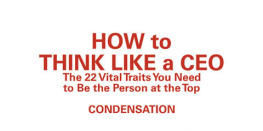

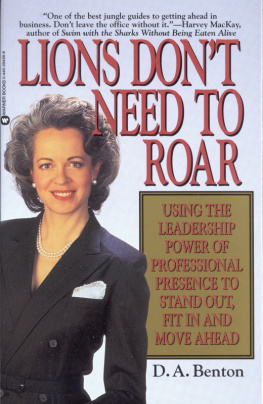



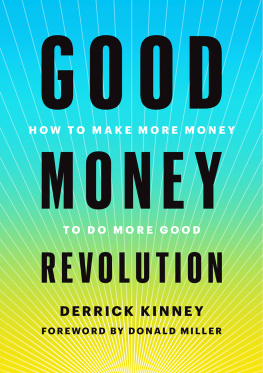
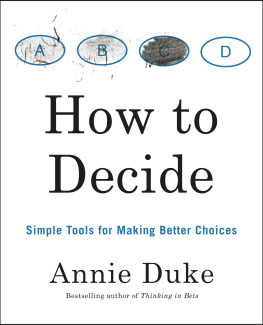




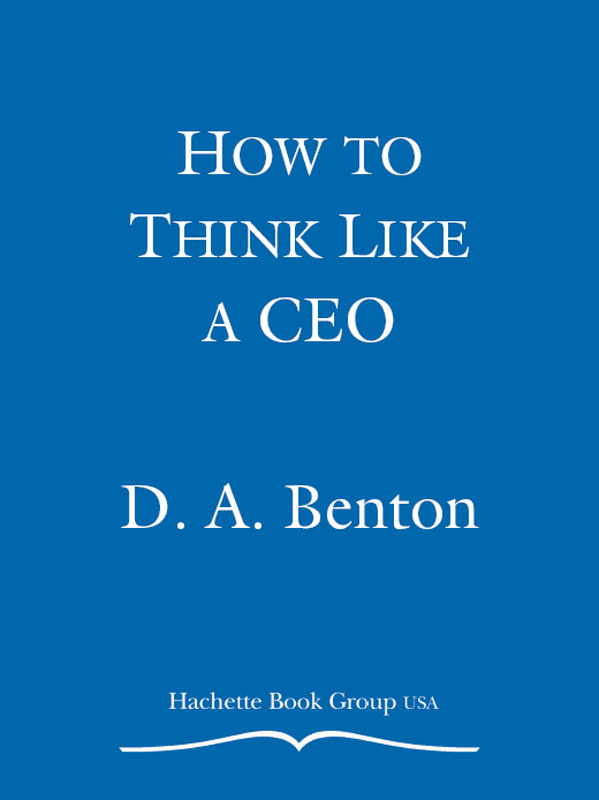
 A Time Warner Company
A Time Warner Company